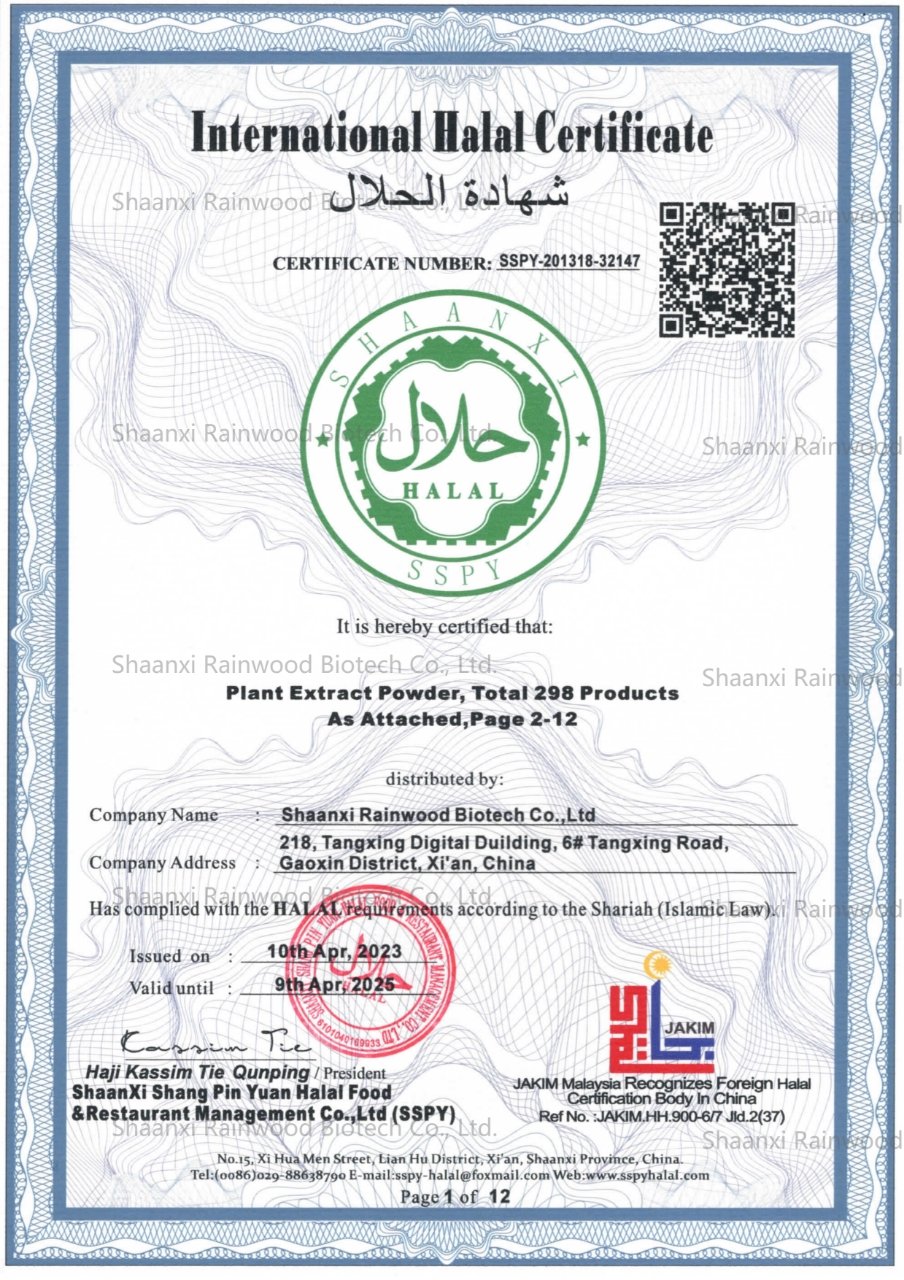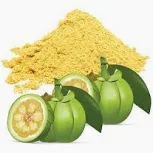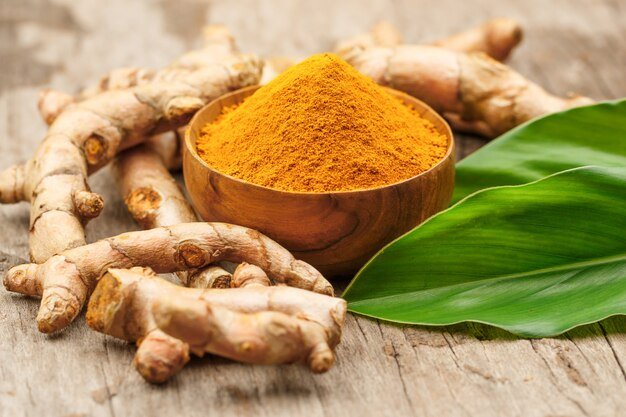Introduction:
White mulberry (Morus alba), a tree native to China, bears white fruits with a taste reminiscent of blackberries. This unassuming plant, however, harbors chemicals that mimic the action of certain diabetes medications. Its unique ability to slow down sugar digestion in the stomach, facilitating a gradual absorption into the bloodstream, makes it a contender for maintaining healthy blood sugar levels.

Antioxidant Richness:
White mulberries boast a rich antioxidant profile comprising flavonoids, alkaloids, and phenolic acids. These compounds, acknowledged for their cancer-fighting properties, demonstrate potential in impeding cancer cell growth. Studies on mice and test tubes have shown encouraging results, suggesting effectiveness against breast, colorectal, colon, and cervical cancers. However, more research is warranted to validate these findings in human contexts.
Cholesterol Management:
Research suggests that white mulberry may contribute to lowering cholesterol levels, promoting heart health. Animal studies indicate reductions in triglycerides, total cholesterol, and LDL (bad) cholesterol with white mulberry leaf tea and extract. Yet, further studies are essential to elucidate its impact on human cholesterol levels.
Blood Sugar Control:
Several studies propose that white mulberry components may aid in blood sugar control. In a small study involving individuals with type 2 diabetes, mulberry leaf extract demonstrated a significant reduction in post-meal blood sugar levels. Additionally, another study highlighted improved blood sugar regulation in healthy adults after 12 weeks of mulberry leaf extract consumption. These findings, while promising, necessitate additional research for comprehensive validation.
Weight Loss Potential:
White mulberry compounds exhibit properties that enhance lipid metabolism, carbohydrate digestion, and blood glucose regulation. This has spurred investigations into its potential for aiding weight loss. A 90-day study, however, yielded contrasting results, with a placebo group experiencing more significant weight loss than those consuming white mulberry extract. The complex interplay of factors influencing weight loss requires further exploration.
Safety Considerations:
White mulberry is generally considered safe for consumption, exhibiting low toxicity levels in animals and humans. Even in studies involving substantial white mulberry leaf extract consumption, adverse effects or fatalities were not reported in animals. This suggests a favorable safety profile.
Conclusion:
White mulberry leaf emerges as a multifaceted botanical, offering potential benefits for cancer prevention, cholesterol management, blood sugar control, and weight loss. While preliminary research is promising, ongoing studies will provide a clearer understanding of its efficacy and mechanisms. As with any supplement, consulting healthcare professionals is advisable, especially considering individual health variations.
References:
https://www.poison.org/articles/is-white-mulberry-poisonous
https://www.bravotea.com/the-powerful-white-mulberry-leaf/
https://www.rxlist.com/white_mulberry/supplements.htm
https://www.healthline.com/nutrition/white-mulberry#health-benefits



















